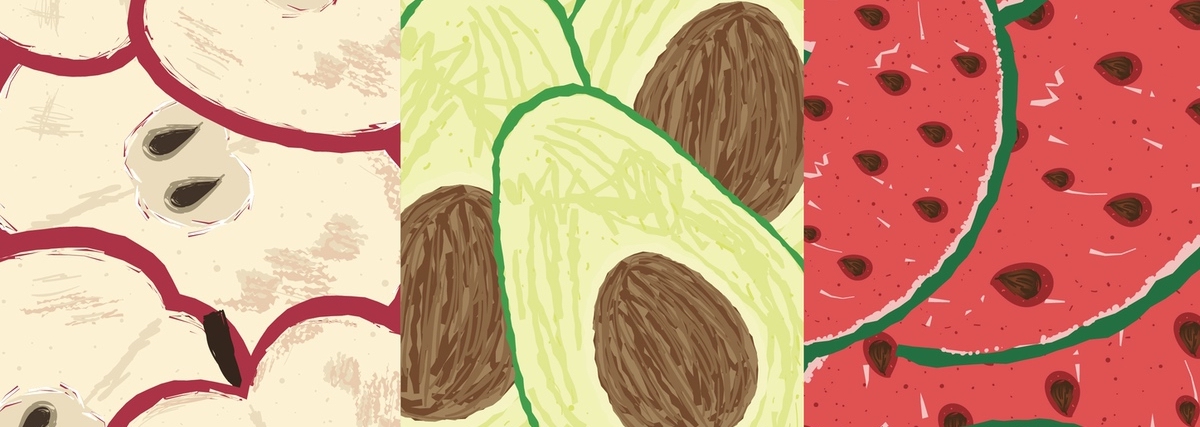This diet was developed by Loren Cordain, PhD, a researcher at Colorado State University, who began studies in the 1970s. According to Dr. Cordain, the Paleo diet is the way humans were initially genetically designed to eat. The educated question or hypothesis promoted, of course, is whether the Paleo diet, modeled on a dietary plan of the Paleolithic man (who lived approximately 2.5 million to 10,000 years ago) is needed for today’s evolved modern man. According to Mayo Clinic/Healthy Lifestyle, “The diet’s simplified reasoning is that the human body is genetically mismatched to the modern diet that emerged with farming practices…Farming changed what people ate and established dairy, grains and legumes as additional staples in the human diet.” Thus, farming became a rapid change in “caveman’s” diet that is, correctly or not correctly, assumed to have outpaced early man’s body’s ability to adapt.
The Stone Age “hunter-gatherer” found his energy carbs from natural sources such as fruits and vegetables, rather than present day grains. Thus, earlier man had a much higher intake of fiber, and more alkalinity and less acidity in his daily food consumption. The Paleo hypothesis appears to make a connection to today’s cardiovascular disease with modern man’s high sodium intake causing high blood pressure and heart failure. Mayo continues, “This (genetic) mismatch is believed to be a contributing factor to the prevalence of obesity, diabetes, and heart disease today.”
A local 45-year-old resident, Kristi Buckman, gives us another view of the diet. She emphasizes “My asthma was out of control in 2016, 2017, and 2018 when a friend and a chemical allergist recommended the Paleo diet in October of last year. Now my nebulizers (used for emergency breathing) are gone. I use less inhalers, and I have a completely different way of looking at life. This is a strong autoimmune diet that lowers inflammation in the body. It contains low sugar content and, therefore, also helps to prevent diabetes. All together, I have lost a total of 70 pounds in the past two years.”
Here are the diet’s recommended foods to eat:
1. Fruits
2. Vegetables
3. Nuts and seeds
4. Lean meats, especially grass-fed animals or wild game
5. Fish, especially those rich in omega-3 fatty acids, such as salmon, mackerel and albacore tuna
6. Oils from fruits and nuts, such as olive oil or walnut oil
(An emphasis is put on drinking water and daily exercise)
Here are the diet’s foods to avoid:
1. Grains such as wheat, oats, and barley
2. Legumes, such as beans, lentils, peanuts and peas
3. Dairy products
4. Refined sugar
5. Salt
6. Potatoes
7. Highly-processed foods in general
Results: A number of clinical trials show a benefit of weight loss, improved glucose levels, better blood pressure control, lower triglycerides, and better appetite management. Mayo informs, “However, there are no long-term clinical studies about the benefits and potential risks of the diet.” Whole grains and legumes, which are also good sources of fibers, vitamins, and other nutrients, are missing. Dairy products, good sources of protein and calcium, are absent in this diet.





